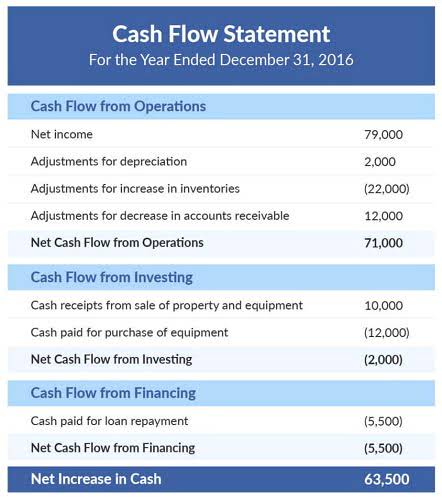
Consider including real estate-specific non-GAAP metrics like funds from operations (FFO) or adjusted FFO (AFFO). These can offer valuable insights into your fund’s operational performance. However, always provide a clear reconciliation to GAAP figures and explain your calculation methods.
#9 Property Matrix
You can connect the platform with your real estate investor bank account to directly view and reconcile bank transactions. This long-term and vacation rental tax software has a number of features that makes it convenient for landlords who want to manage their rental properties by concentrating on key metrics. This auto-tag feature will help you get organized, by tracking cash flow at the property level, and will make tax time easier.
Most Profitable Cities in Florida for Airbnb Investment
Additionally, automated reconciliation can highlight any discrepancies, ensuring that they are addressed promptly. Predicting future cash flows helps in planning and decision-making. Accurate forecasts can guide investment and operational decisions, helping owners prepare for future challenges and opportunities. By understanding potential future cash flows, property owners can make informed decisions about property improvements, expansions, or sales. It’s a proactive approach that sets successful real estate businesses apart. Regular forecasting sessions can help in adjusting strategies as market conditions change.

Advanced Real Estate Accounting Practices
In the context of investment property accounting, subsequent measurement refers to the valuation of real estate held for appreciation after its initial recognition. Entities have the option to choose between the cost model and the fair value model for this purpose. The selected model must be applied consistently to all investment properties. Avoid the expenses and complexities of hiring and training in-house staff, and enjoy the flexibility and scalability of our services, tailored to your unique requirements.

Setting up the Right Bookkeeping System for Your Real Estate Business
When structuring carried interest, it’s crucial to balance tax considerations with the overall economics of your fund and investor expectations. Effective carried interest planning can significantly impact your fund’s after-tax returns and its attractiveness to potential investors. This might include monthly high-level updates, more detailed quarterly reports and annual comprehensive reviews. This approach balances the need for regular communication with the time and resources required to produce in-depth analyses.

It’s essential for implementing effective real estate tax strategies and understanding depreciation in real estate, which can significantly impact your overall investment strategy. Implementing these streamlined processes through tools like Rentastic will make your property management easier and improve your financial reporting. As you navigate tax time, these automated features will serve as valuable allies in your journey toward financial success in real estate. A profit and loss statement is essential for tracking your revenue and expenses over a specific period.
Features

If you want your company to grow and run smoothly, you need to stay on top of finances – business and personal. A real estate bookkeeper is responsible for managing the financial transactions and records of a real estate business. Their primary role is to ensure accurate and organized financial information to support the operations, decision-making, and compliance real estate bookkeeping of the company. The real estate industry is subject to a myriad of regulations and tax laws that can be complex and ever-changing.
Accounting Best Practices for Real Estate Agents
It ensures that every transaction is recorded correctly, reflecting its true financial impact. The choice between dedicated real estate business accounting software and manual methods or spreadsheets boils down to efficiency, accuracy, scalability, and insight. Here is a comparative table that shows the top real estate accounting software. In the digital age, relying solely on manual data entry is not only time-consuming but also prone Budgeting for Nonprofits to errors.
Asset Depreciation Tracking
- Consolidates many functions, like billing, invoicing, cash flow management, payroll and HR, within a single product.
- Small changes in the broader market can hugely affect the portfolio value and need to be captured in real time.
- By integrating effective systems and prioritizing continuous improvement, businesses can optimize their financial processes.
- In addition to accounting tools, Buildium offers features to manage the entire tenant journey.
Engaging CPAs ensures that adjusting entries businesses have access to expert tax advice. Advanced software solutions offer features for collaborating with CPAs. Regular reviews ensure that businesses leverage CPA expertise effectively. Training sessions offer insights into CPA collaboration techniques. Accurate CPA collaboration ensures that businesses remain compliant and optimize their tax strategies.
Leave a Reply